
Like the rest of Christchurch and New Zealand, the events of 15 March shook the University of Canterbury to its core. Nothing can prepare for the shock and outpouring of emotion that comes with experiencing something like what we witnessed. I think for many of us, it was only in the weeks following the terrorist attacks on two local mosques that we began to process it. We were all asking ourselves why? How could this happen?
We were heartbroken for our Muslim brothers and sisters when the news started to come through. Any act of violence towards anyone is disgusting, but there was something so brutally unfair in that way that they were so cruelly targeted in their place of worship.
Although thankfully no lives of our current students or staff were taken, the effects took a huge toll on the hundreds of Muslims in the UC community. I was crushed to hear stories of them, and our wider international student community, feeling too scared to leave their homes, with some even barricading their doors during the first few nights.
I was heartened, however, to see the outpouring of love and support from the wider student body toward our Muslim students and have heard that this went a long way to alleviating those fears in the initial few days.
The day after the attacks, some of our largest student societies, Christian clubs and clubs with Muslim student members came together to film a short video condemning the violent acts and expressing support towards the Muslim student community.
Some students then spent the next couple of days planning the student response, with the university consulting with student clubs within 24 hours to seek their feedback on the approaches that should be taken.
Very quickly, with input from the Muslim community, the Student Volunteer Army (SVA), which formed in response to the 2010 Christchurch earthquakes, mobilised the university van fleet to offer transport services for students who needed transporting to and from campus, to the airport, city or to funerals and burials. This service ran for a whole week after the attack and was widely used.
The SVA also mobilised its student volunteers to be stationed at key entrances to welcome students back to campus on the Monday.
Over the weekend, immediately after the attacks, our Students’ Association, along with the university, began organising a large on-campus vigil for the following week. It was incredible seeing more than 5,000 members of the university community turning out for the event called “Band Together”. I’m told this was the largest single on-campus gathering of our community in living memory.
How to deal with grief while at university
If you’re feeling lonely at university, you’re not alone
Students are best placed to encourage diversity at universities
Pathway to university: an open letter to racists
Hundreds of flowers and messages were left on the Kia Kaha (Māori for “be strong”) wall and many staff and students mentioned how crucial this event was in helping to heal our community.
Some of our student clubs helped dish out 2,000 servings of halal food to staff and students after the event while many other clubs helped construct the Kia Kaha wall.
We’ve stressed to students that it’s important to try get back into usual routines of study and lifestyle.
However, it’s worth remembering that for those who may have lost close friends or family, this process may take a longer time to work through so we have to understand how our students are processing this event.
As student president, this whole experience has taught me a couple of crucial lessons. First, it’s taught me the value of a positive relationship between an institution and its student body. The University of Canterbury Students’ Association (UCSA) enjoys a constructive relationship with the university and meets regularly at high level to discuss student issues and opportunities, in good faith. This has meant that in times of crisis, the university hasn’t hesitated to involve the UCSA in emergency communications to all students.
Second, this tragedy reinforced the value of believing in students and their societies in times of crisis. Within 24 hours, I saw our clubs mobilise to transport victims to and from funerals, serve up thousands of servings of halal food and be stationed on street corners to help students feel safe again.
As our people and nation still tries to work a way through this tragedy, we’ve inevitably had to start grappling with questions about our values, culture and identity. While many have assessed this as an isolated incident carried out by an individual from beyond our shores, the reality is that our Western society has harboured enclaves of dangerous racist and white nationalist ideology for years. Despite the outpouring of love and support by our communities, we know there is still much work to do in educating our society about how dangerous thinking can feed environments where hate can manifest itself in catastrophic ways.
Higher learning institutions hold the role of thought leaders in society. We influence many individuals, not only those we teach, but also within larger society, through the knowledge that we produce. Yes, there’s a role for individuals, industry and government as we move forward, but let’s never underestimate the collective role that we have in educating the world to be a more tolerant, inclusive and compassionate place.
Read more: Brits in America: how can universities support students through global tragedies?

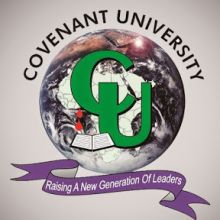



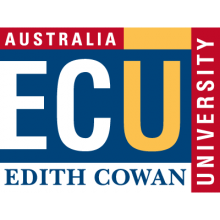

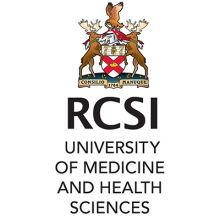
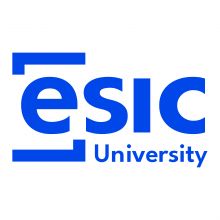

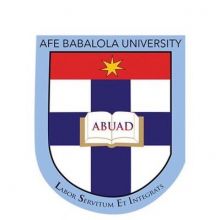
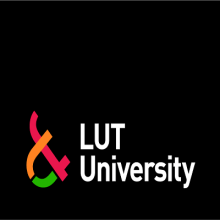

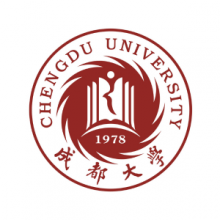
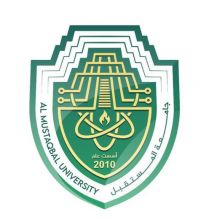
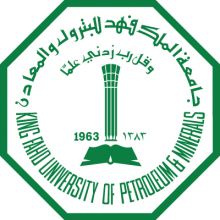
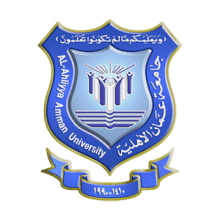
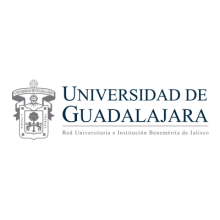
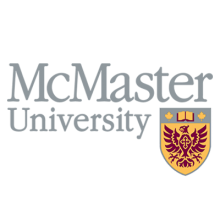
Have your say